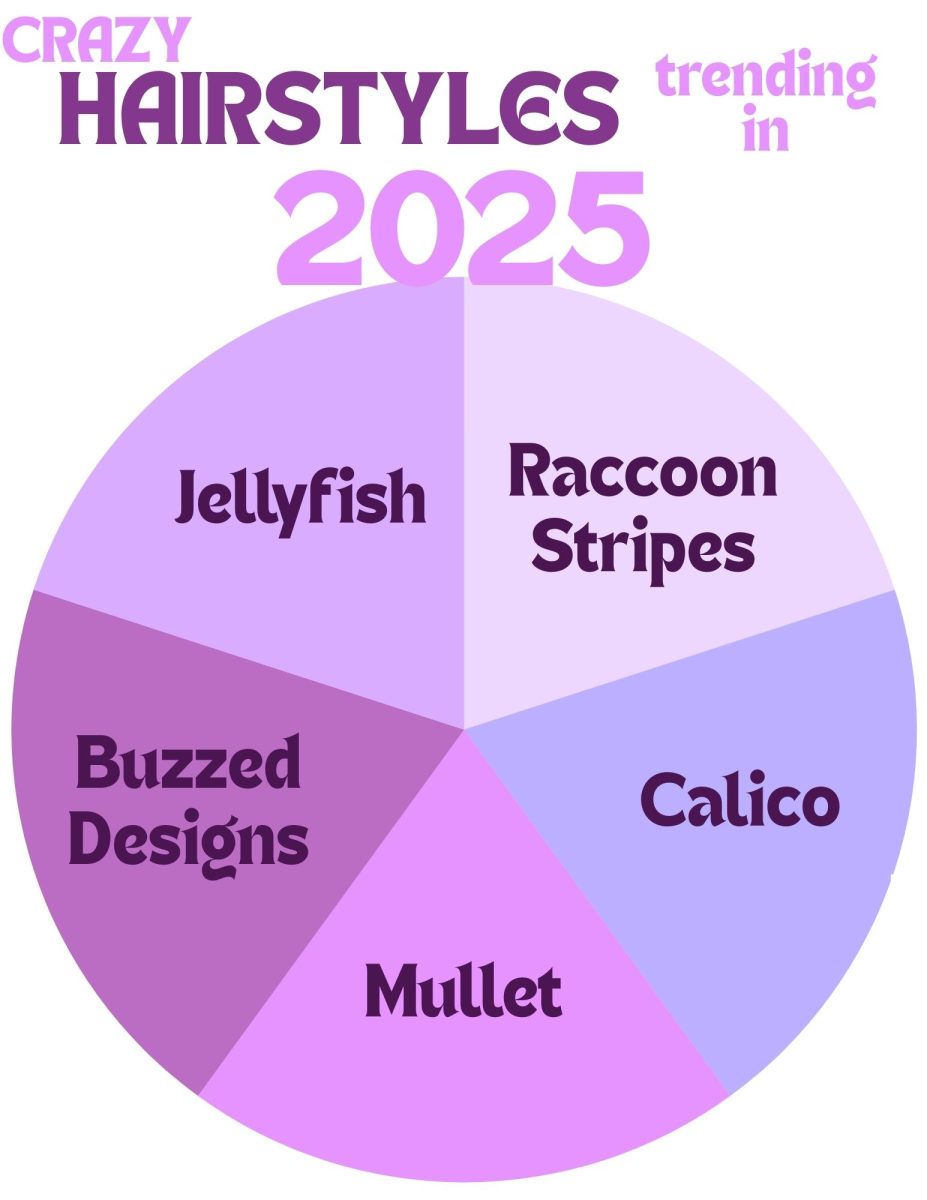Most have finished their first round of tests this fall. And those who did very good on those tests have no worries now.
But those of who faltered are probably wondering, “how do I take all that information in my notebooks and put it inside my brain?”
Students might wonder how their peers do so well academically.
There’s no exact answer to this question but they can also excel by developing good study habits like our friends.
Good study habits are not confined to just making notes everyday and reading them every once in a while.
To change typical studying bad study habits one must adopt a completely new technique, which can be much harder than one might think.
It’s because it is a much larger discipline.
Initially, it’ll take a lot of hard work to change our studying ways, but afterwards it will be very easy for us to follow.
One has to make sure that he or she puts much more effort than that. We all are different and have a variety of different interests.
We pursue everything differently and have our own method of doing things and this is the same with the way we study.
Some like studying in the traditional manner by cramming up everything that comes across their way while some have a different approach of making flash cards or very detailed notes.
The more people we know the varied processes we come across.
So what is the best way to study? It depends on what type of learner we are.
Some remember things long-term when they see information in the form of videos. Some of us cram it up while others make notes.
A pre-pharmacy freshman, Vishal Patel said “I like keeping my notes organized and go through them a night before the exam. Besides I also keep flash cards of terminologies that I think are important and my techniques have helped me a lot.”
Some people have a different approach though.
They like to condense a whole chapter into a page or two with the help of their self-made abbreviations and memorize the whole chapter in that basis.
But quite a few really go through all the chapters and text materials and try to grasp the real meaning by applying them in real life context.
For example one can apply what they have learned in plant anatomy class by sitting beneath a tree and looking at its fallen leaves and trying to analyze each line on it.
Otherwise one can develop their own experiments.
When I was a child I had problems figuring out how levers worked so my father and I disintegrated my bicycle and until this day I remember each and every thing my father taught me .
Apart from all these methods of studying, more options are available out there.
Cornell method of note taking and studying may be useful.
Similarly time logs and mapping methods are also helpful if one has lots of history in their classes.
Flash cards can be useful to remember frequent but important terms of biology.
Charts can be helpful for more descriptive subjects like economics and statistics.
But one must note that unless and until we are interested in what we are studying we cannot excel as much as we would like to.
We should move out of our comfort zone and push ourselves forward, inspiring ourselves to study without using logical reasoning, like future earning potentials after graduation, but sheer interest.
This can help us love what we do and get better at it every step of the way.




